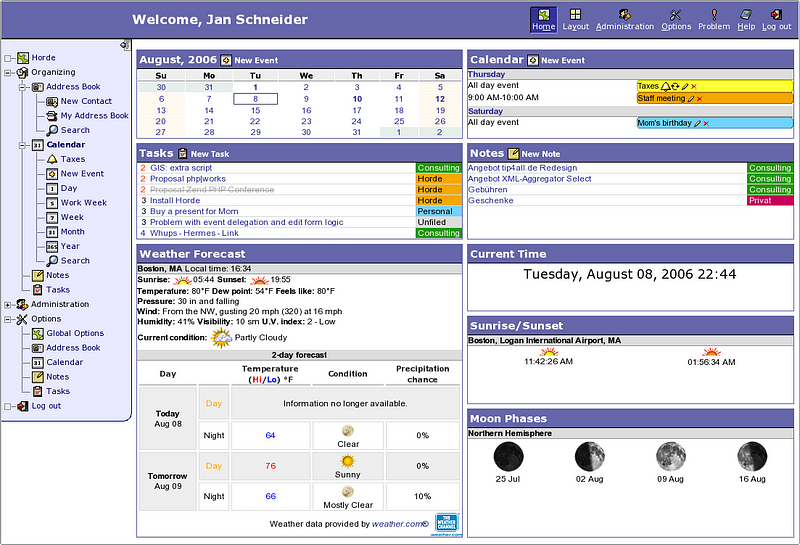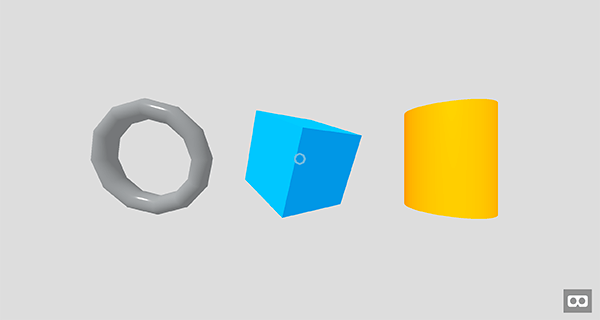Why You Should Choose Web Apps Over Native Apps: 10 Reasons
Written on
Choosing Between Web and Native Apps
When it comes to app development, many people often debate whether to start with Android or iOS. However, the more pertinent question might be whether a native app is truly necessary. The web environment has evolved significantly, making native apps unnecessary for a multitude of applications. In this article, I’ll explore ten enduring myths about web apps compared to native apps, and clarify why they are misleading.
Myth 1: Web Apps Can't Be Installed
A common misconception is that web apps cannot be installed on devices like laptops or smartphones. This is simply not true. Web apps are accessible from any device with a browser, including popular options like Chrome, Edge, and Safari. Additionally, you can create shortcuts or bookmarks for quick access, and if the app supports it, you can even install it as a Progressive Web App (PWA), which mimics a native app experience.

Myth 2: Web Apps Are More Expensive to Build
Many believe that developing a web app incurs higher costs than creating a native app. In reality, the opposite is often the case. Launching a native app requires fees to deploy on platforms like the Google Play Store or Apple App Store. Moreover, maintaining compliance with ever-changing corporate requirements adds further expenses. Unlike native apps, web apps operate on universal standards (HTML, CSS, and JavaScript), which means lower costs and reduced development time.

Myth 3: Web Apps Don't Have Free Marketing
There's a belief that proprietary app stores provide free marketing for your native app. However, in today's saturated market, it's increasingly difficult to stand out, even with the app store's visibility. You'll likely need to invest in advertising regardless of the platform you choose. Web apps allow you to reach a broader audience without the constraints of app store limitations.

Chapter 2: Debunking Security Myths
Myth 4: Web Apps Are Less Secure
When it comes to security, it’s crucial to differentiate between device security and the security of the data managed by the app. Native apps often have access to sensitive device features, which can increase the risk of security breaches. Web apps, on the other hand, cannot request extensive permissions, making them less vulnerable to security threats.

Myth 5: Web Apps Are Slow
There is a misconception that web apps are inherently slower than native apps. While this may have been true in the past, technological advancements have significantly improved web app performance. In most cases, you won't notice a difference in speed between web apps and their native counterparts.
Video: Why Airbnb was wrong to ditch React Native in 2018 - Mohammad Javad - RNL - YouTube
Myth 6: Web Apps Can't Use Device Features
Another argument against web apps is that they lack access to essential device features. However, many useful functionalities, such as notifications, geolocation, and even camera access, are available through modern web APIs.

Chapter 3: Exploring Advanced Capabilities
Myth 7: Web Apps Don’t Support Notifications
It's often thought that web apps cannot send notifications once closed. In reality, web apps can utilize the Push API to send notifications, keeping users informed even when the app isn't actively open.

Myth 8: AI Features Aren't Available in Web Apps
Contrary to popular belief, web apps can indeed integrate AI functionalities. For instance, you can implement speech recognition and even run AI models directly in the browser without needing a separate server.
Video: Why We Chose To Ditch Helm To Gain Open Source Sanity - YouTube
Myth 9: Web Games Are Inferior to Native Games
Another myth is that it’s impossible to create quality games in a web environment. With powerful game engines like Phaser and Babylon.js, web games are increasingly sophisticated and can rival native games, especially in casual gaming scenarios.

Conclusion: The Case for Web Apps
In conclusion, many misconceptions exist about web apps. They can handle a variety of projects effectively, often surpassing native apps in efficiency and cost. While native apps may still excel in certain areas, web apps provide a more versatile and accessible solution for developers. If your project can be accomplished with a web app, it’s worth considering this route for better value and enhanced user experience.
Remember, web apps are not just a substitute; they can offer a robust alternative to native applications, allowing developers to focus on delivering quality and value without the complexities associated with traditional app development.